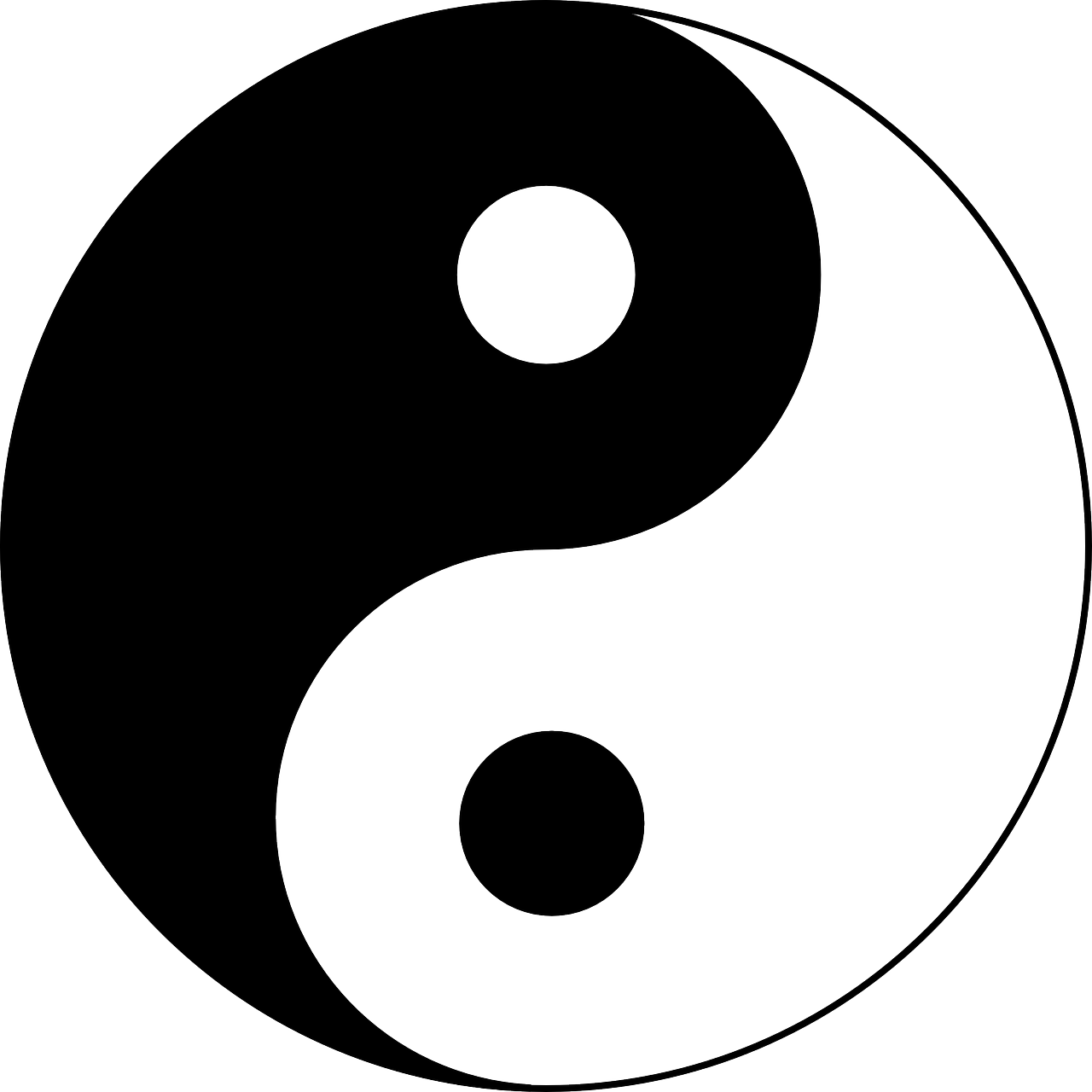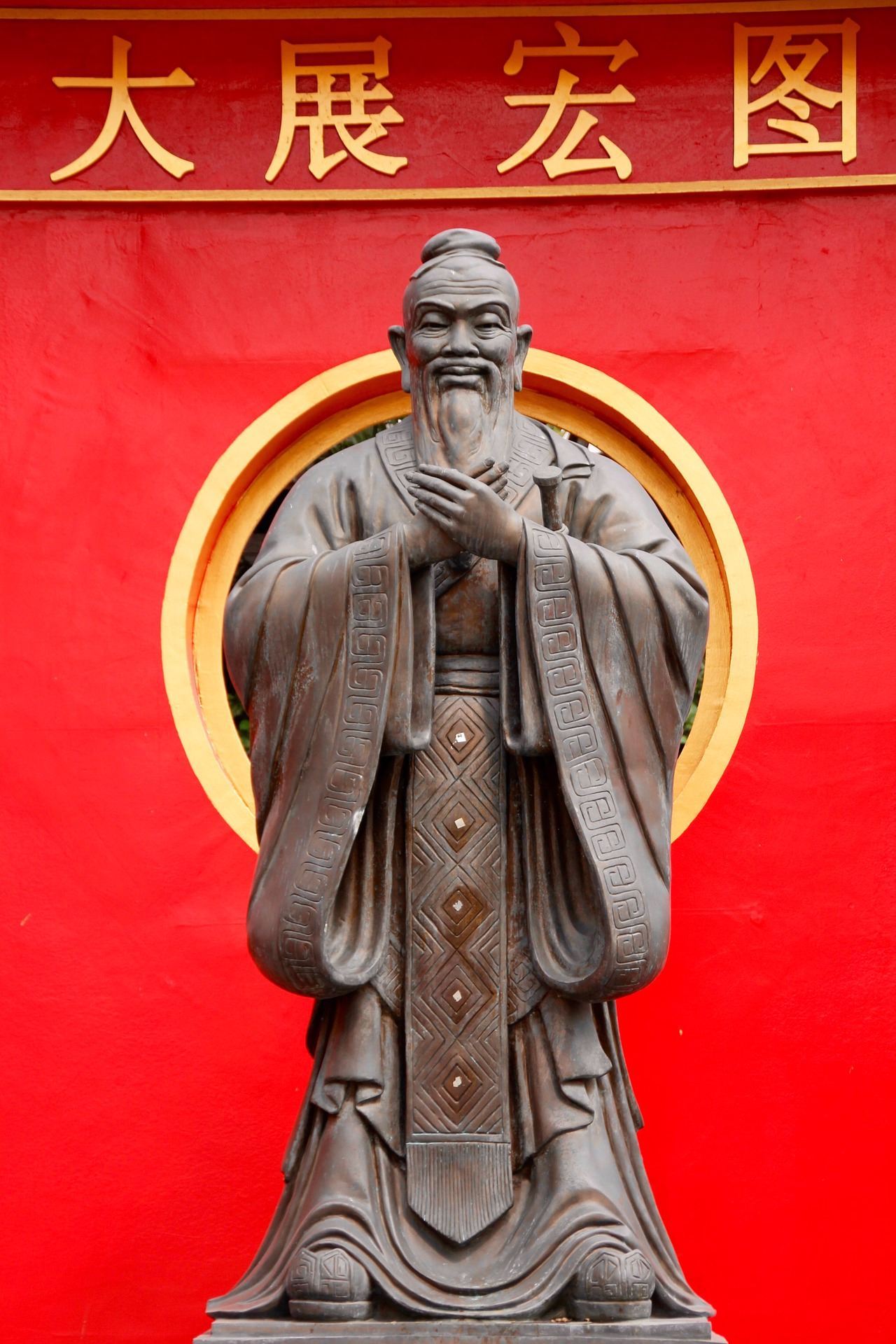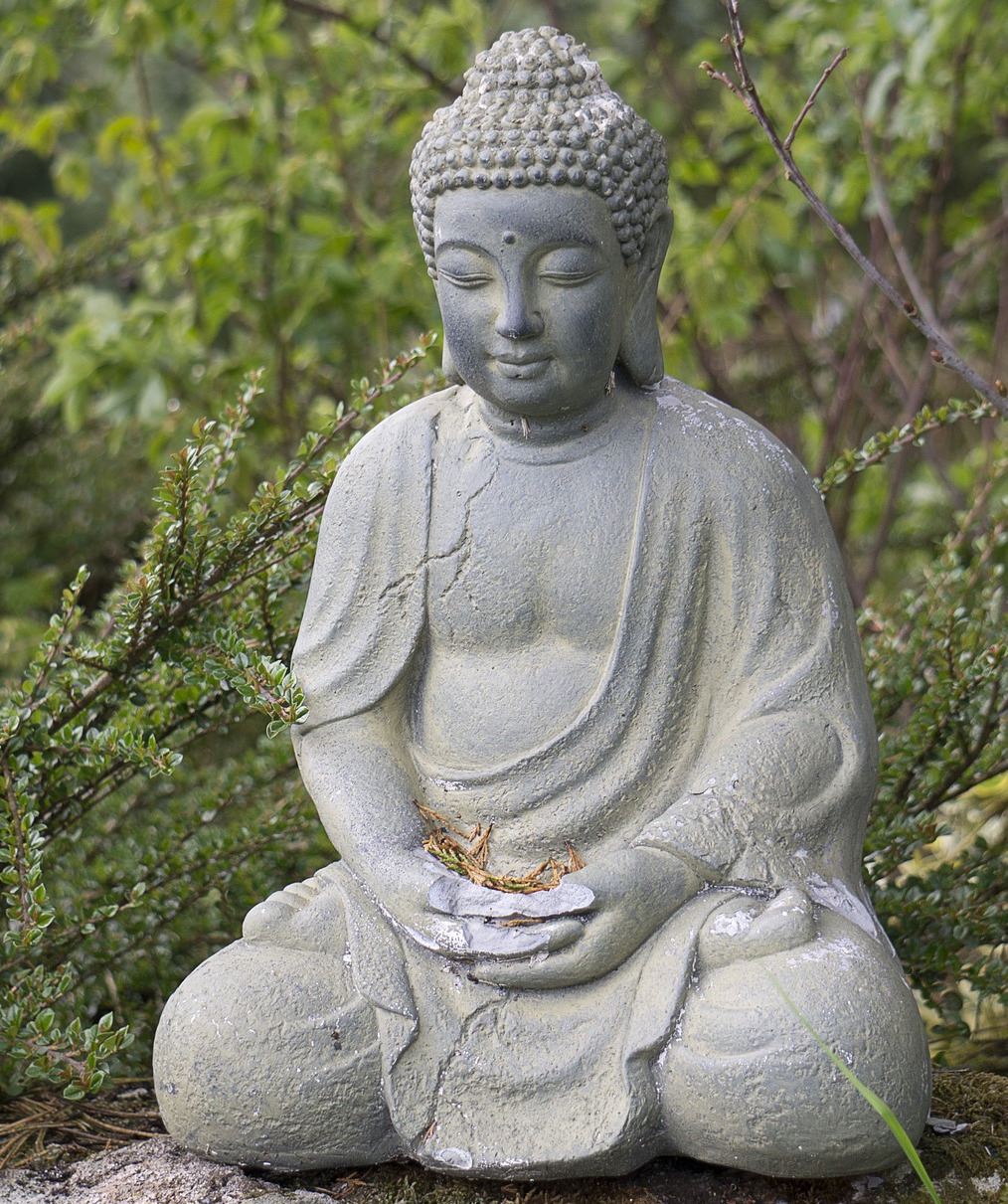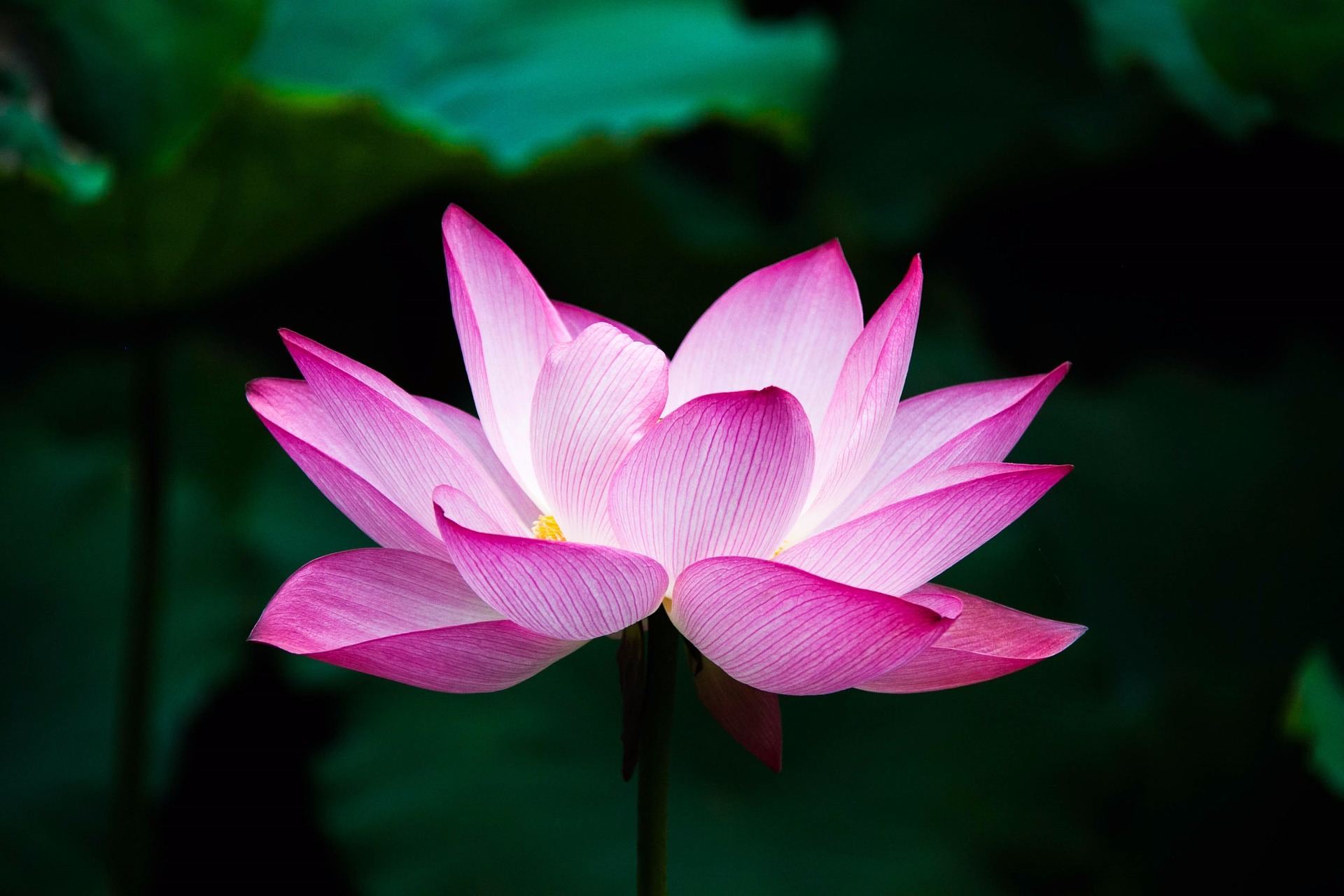|
|
|
|
Dear 7A,
The people of ancient China were inventive both physically and mentally.
For instance, they invented paper, gunpowder, the compass and movable printing. They also began to spin silk around 6000 years ago.
Their ideas were also original and far-reaching. It is their ideas and philosophies that you will be exploring today.
Kind regards from Ms Green
|
|
|
|
1 First Task
Work through this handout, in which the ideas of Confucianism and Taoism are simply presented. Which set of ideas is closer to your own philosophy of life or world view?
2 Taoism Tiny Cards
Cycle through the 20 cards in this starter set of flashcards on Taoism. You may like to create an account with Duolingo – Tiny Cards. This site allows you to create your own flashcards for revision and learning.

3 Choose two of the three philosophies below.
Each one has two recommended websites and some related questions. Read the sites carefully and answer the questions in a Word file or in your workbook.
If you are working on your laptop, you can find copyright free symbols and pictures at these three sites:
https://pixabay.com/ | www.wpclipart.com | www.clipartlord.com
Taoism
♦ Philosophy for Kids
♦ United Religions Initiative – Children

- What does the word “Tao” mean?
- Who is thought to be the founder of this philosophy?
- What do Taoists believe?
- Draw or find a picture of Taoism’s famous symbol. What Taoist ideas does it express and represent?
Buddhism

♦ OUP Blog – 10 Facts about Buddhism
a Summarise the story of Siddhartha Gautama and his path to enlightenment.
b Present the three universal truths that he identified during his deep meditation period. Use a symbol or picture to illustrate or represent each one.
c Present the four noble truths that Siddhartha Gautama identified. Illustrate each one with a symbol or picture.
Confucianism
♦ Ancient History Encyclopedia

a Select 2 quotations from Confucian teachings, write them down and then explain them in your own words.
b List and explain the main ideas in the moral code of Confucius. Choose a symbol or simple picture to represent each one.
4 Your own philosophy of life
Type out the most fundamental point of your own personal philosophy of life and put it into a comment for others in the class to read. For example, this is mine:
Kindness towards others is a fundamental principle that my mother taught me. I believe that mercy is more important than justice and forgiveness more healing than retribution. I would prefer to be a victim of injustice than a person who acts unjustly.
Happy philosophising, 7A!









